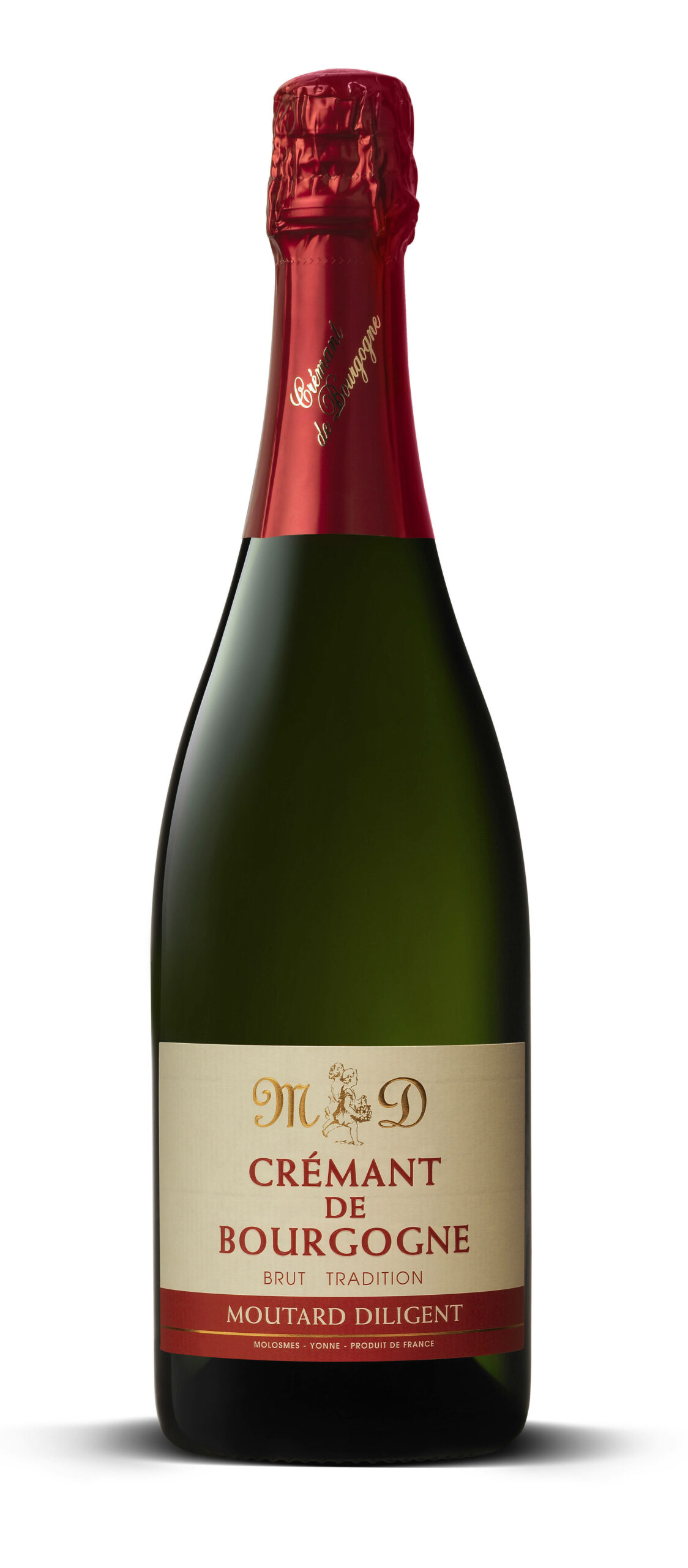With my immediate peer group now fully vaccinated, we all met up under a shaded patio during last week’s heatwave to celebrate the 4th annual International Rosé Day, thought up by some marketing wonk in the Provence region of France who was jealous of the National Rosé Day in the USA which takes place two weeks earlier.
Regardless of the day on the calendar, this is the time of year to be drinking Rosé all day, with the summer sun beating down on us, making Rosé the perfect cool drink on a hot day.
For those unfamiliar with just how wine gets its colour, it is all about the skin contact. All grape juice is clear in colour, so red wines are red because the squeezed juice is soaked with the grape skins for several days, which transfers the colour from the skins to the juice.
Rosé wines are made from juice pressed from red grapes, which is then allowed to remain in contact with the skins for several hours, just long enough to impart a pale pink tone to the juice.
The skins are then removed from the pressed juice, and the fermentation process then begins like any other wine. Since most of the tannins are in the grape skins, the brief contact means that rosé wines are not very tannic.
Rosé wines have come a long way since the halcyon days of my towheaded youth. Rosé had a bad reputation in the latter years of past century, overly sweet and tasting somewhat like a strawberry spritzer wine cooler.
Fortunately, Rosé has come into its own over the past few decades, as winemakers pay more attention to this once-maligned style.
The Provence region of France is the ancestral home of Rosé wines, dating back to the days of the Roman Empire, and remains the world leader in Rosé production to this very day. It all began in the 2nd century, when the winemakers of the day would press and process the grapes very quickly, leaving the red skins in contact for only a few days, resulting in what we now refer to as Rosé. The wine became very popular, and was shipped to all corners of the Roman Empire.
While we are far removed from the toga-wearing days of the Roman Empire, modern winemakers in Canada also produce Rosé wines, most of which are from the Okanagan region of BC.
Rosé wines can be made from any red grape varietal, with different countries having their preferred varietals. France tends to favour the Bordeaux varietals, while Spanish Rosé tends to come from Tempranillo or Garnacha, and Italy preferring their own native Sangiovese varietal.
The flavour profile of a Rosé is generally lighter-bodied than a red wine made from the same grape, as the red wines have much more tannin due to the extended skin contact.
Here in Canada, most of our Rosé is made from French grape varietals, mostly Merlot, Cab Franc, and Pinot Noir. My favourite Rosé wine from BC is the Mission Hill Reserve Rosé, made from a blend of Pinot Noir, Syrah, and Merlot, fermented in 97% stainless steel vats, with 3% in oak barrels to add some complexity to the wine. You can find it at well-stocked booze merchants throughout BC and Alberta in the $18-22 range. This is a fruit-forward and juicy Rosé meant to be enjoyed while it is young and vibrant.
If you prefer a more sophisticated Rosé, Mission Hill does have a higher-end option weighing in around $35, made from a blend of Merlot, Cab Franc, and Syrah. The price increase comes from extended oak aging, with 47% of the blend aged in oak barrels, imparting more elegance and tannic structure to the wine. I have only had this wine a few times on special occasions, and it is more of a Rosé wine for those who love red wines, thanks to the more Bordeaux-styled finish.
Whichever your preference, be assured that the overly sweet Rosé wines of yesteryear are now just an unpleasant memory, with modern winemakers producing Rosé with a complex bouquet, fermented at cool temperatures for extended periods for a nice dry finish, and lightly finished in oak for a more complex mouthfeel and added toasty aromatics. Give one a try today, either by itself or paired with with light fare on your nearest sunny patio!






